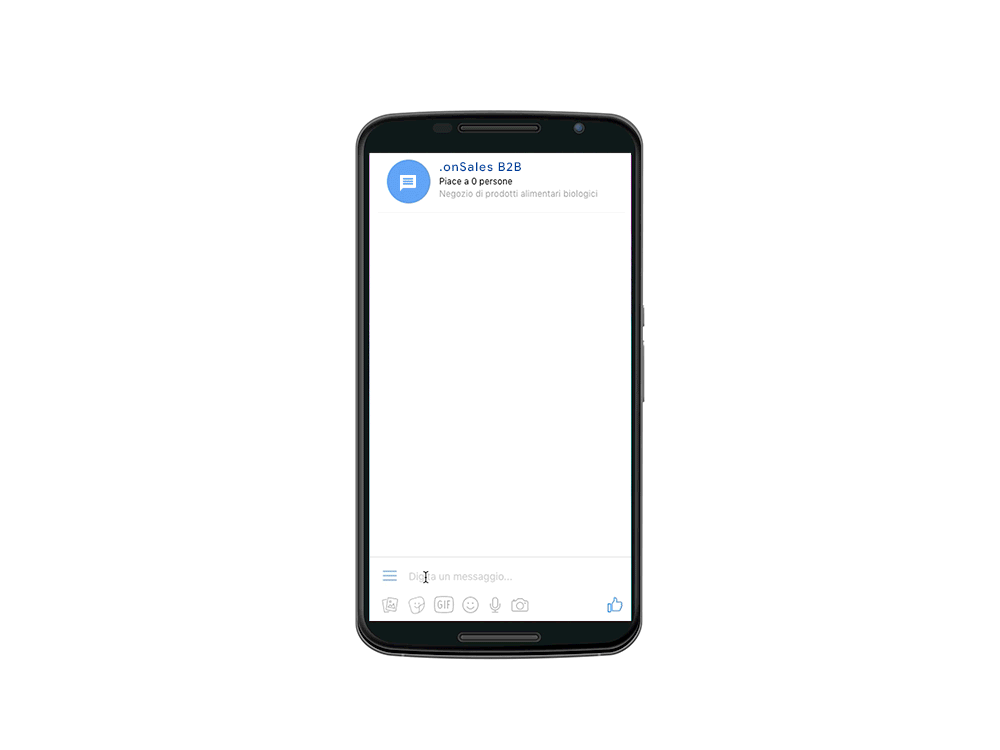Why provide your B2B e-commerce with a chatbot?


Let us imagine a regular customer of yours is closing his bar when he realises he has got no milk left for the morning after. It is 10 p.m., too late to call the customer service or the Sales rep who usually follows him, so what can he do? A chatbot integrated in B2B e-commerce would quickly solve the problem, providing full satisfaction to both the customer and your company.
In 1950 Alan Turing published an article entitled “Computing Machinery and Intelligence”, in which he proposed a criterion (nowadays defined as Turing Test), able to determine whether a machine was (hypothetically!) able to think or not. In order to satisfy this criterion, a software must pretend to be a human being in a real-time conversation, so that its interlocutor cannot understand, judging by the conversation content, whether he is interacting with a program or a human being.
A chatbot or conversational interface is therefore a software which dialogues with users by means of natural language; interaction can take place by text or voice. Different to ordinary chats, a chatbot does not require human presence, is always active, 24 hrs a day, 7 days a week, can simultaneously manage several conversations and can adapt itself to the user it is interacting with, by getting to know his purchase habits and much more, thus providing the right answer at the right time.

According to the Grand View Research 2018 report, the use of chatbots will significantly grow, as it will allow companies to substantially reduce operating costs. Besides, innovations in artificial intelligence and automatic learning technologies will further improve chatbot features towards an increasingly more “humanised” service.